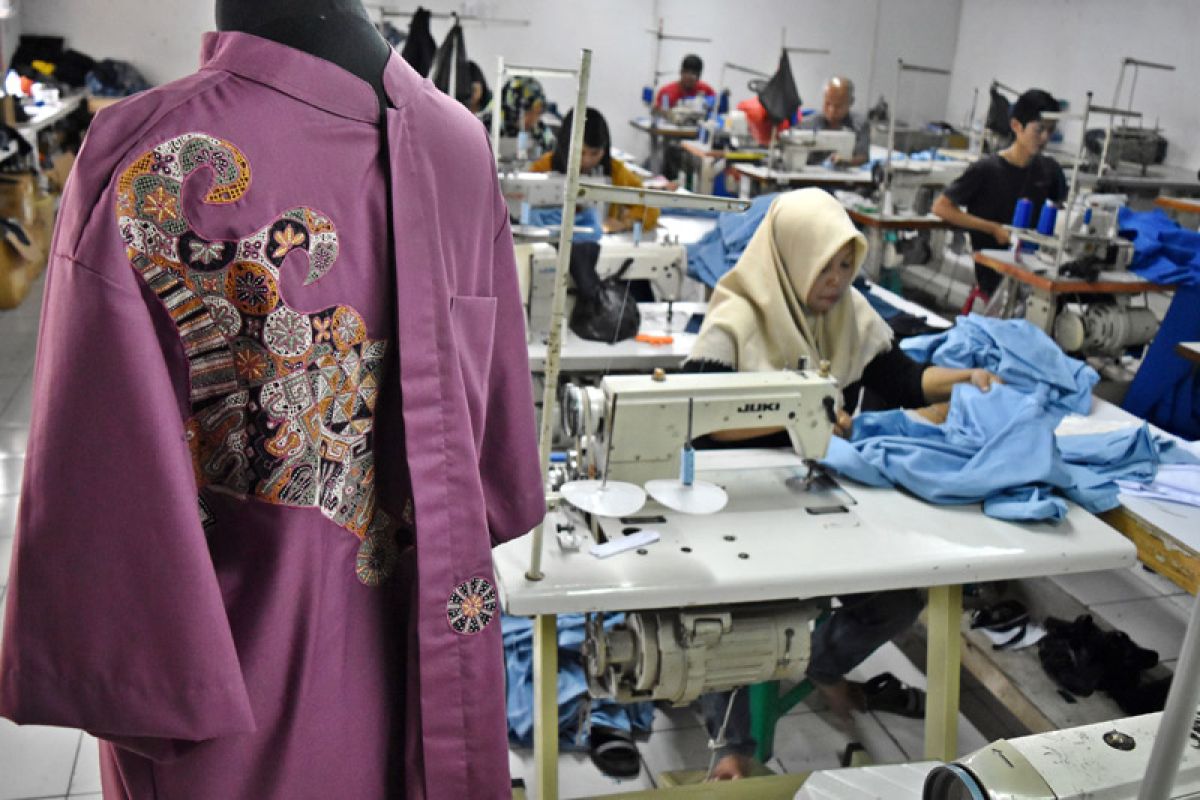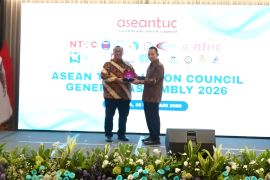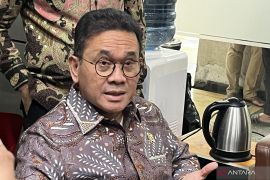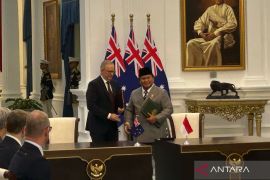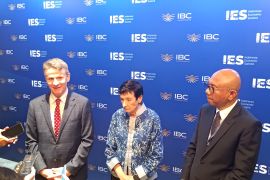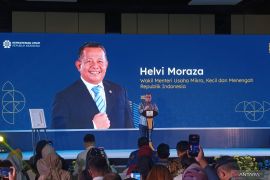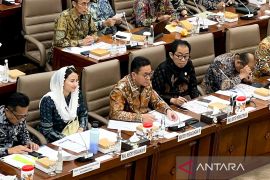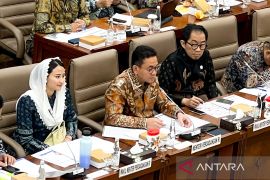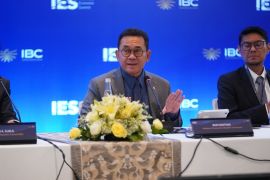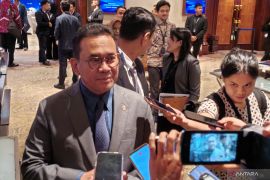He explained that the U.S. import tariff on Indonesian goods, set at 32 percent, is still lower than the rates imposed on several competing countries, including Vietnam (46 percent), Bangladesh (37 percent), and Cambodia (49 percent).
“This market penetration is highly beneficial for Indonesia’s economy, as it has a significant multiplier effect in terms of job creation in labor-intensive sectors,” he said during an economic forum in Jakarta on Tuesday.
Hartarto said the 32-percent tariff presents a chance for Indonesia to increase its export market share in clothing and footwear, noting that the country’s current share in the U.S. market remains relatively low compared to its peers.
He also pointed out that these sectors are not considered strategic by the U.S., leaving room for potential tariff negotiations.
The minister added that the Indonesian government has responded to the U.S. tariff policy by preparing a package of structural reforms and deregulation measures.
These include simplifying business licensing, reforming export and import procedures, improving non-tariff policies, such as domestic content requirements and halal certification, and harmonizing import duties and taxes.
“Several major companies, such as Nike, have even requested direct online meetings with the Indonesian government. This reflects the interest of global industries in partnering with us,” he added.
Also speaking at the event, Minister of Finance Sri Mulyani Indrawati emphasized that Indonesia could seize export opportunities created by the higher tariffs imposed on other countries, particularly in electronics, footwear, and garments.
However, she warned of strong competition from nations with lower tariffs, such as the Philippines (17 percent), Malaysia (24 percent), South Korea (25 percent), and India (26 percent).
Related news: Trump's tariffs cause global economic anxiety: Prabowo
Related news: Indonesia responds to US tariffs with equal, fair negotiations
Translator: Bayu Saputra, Raka Adji
Editor: Anton Santoso
Copyright © ANTARA 2025
